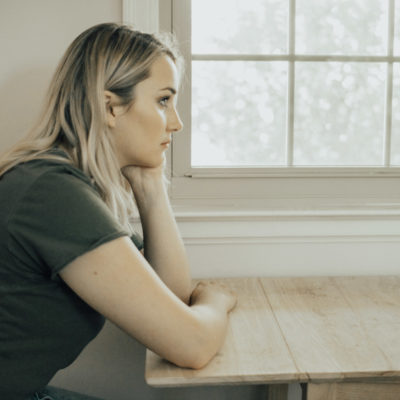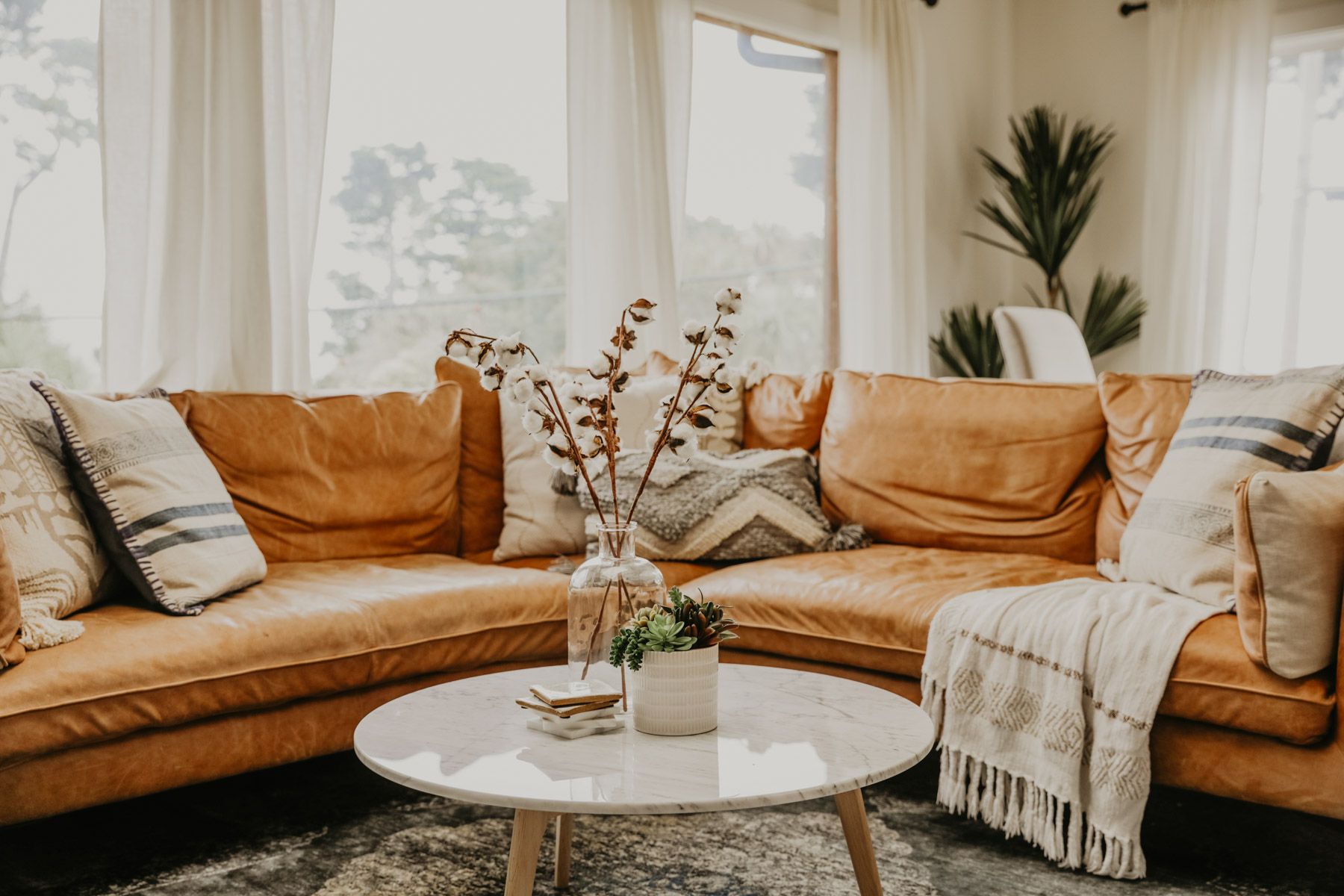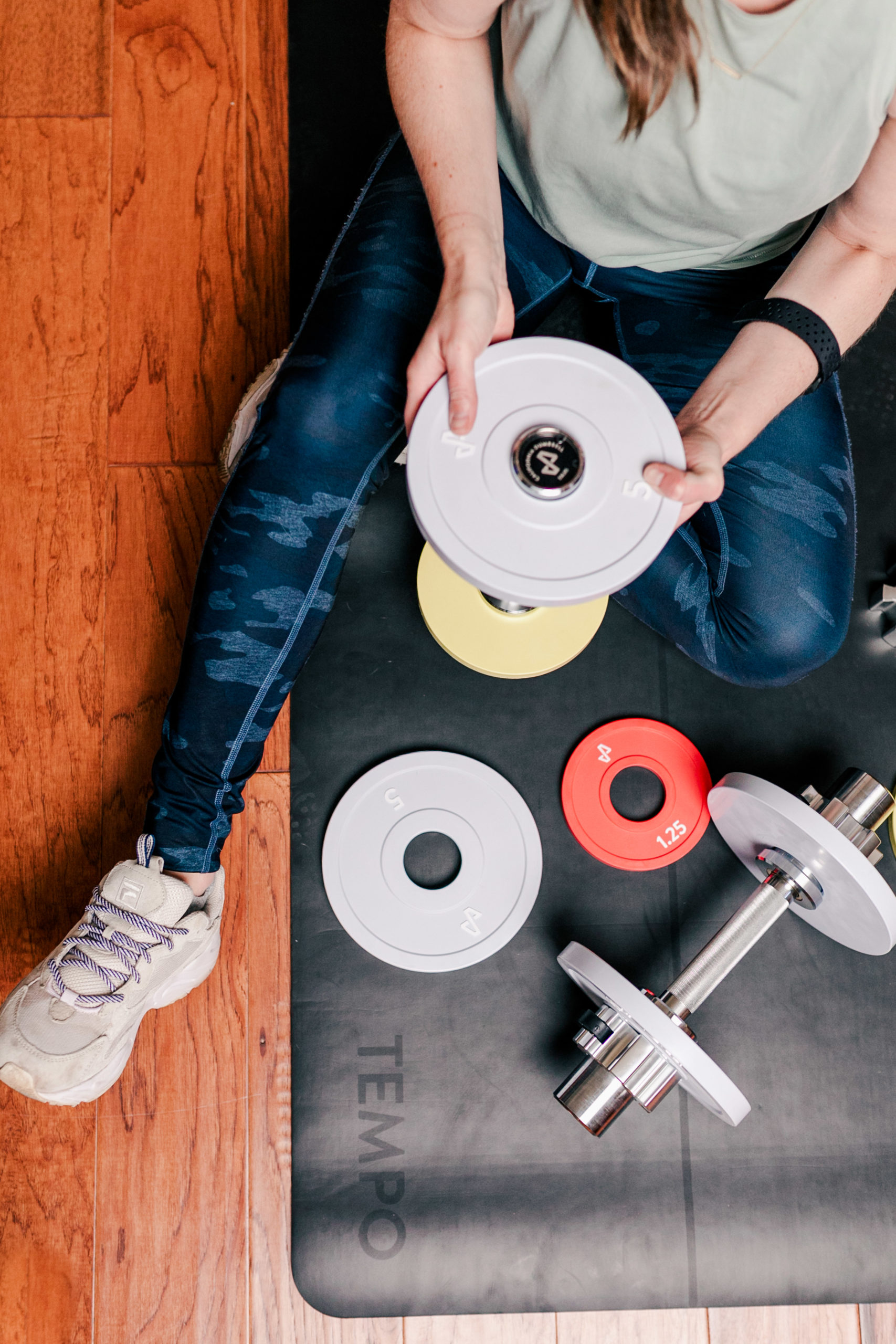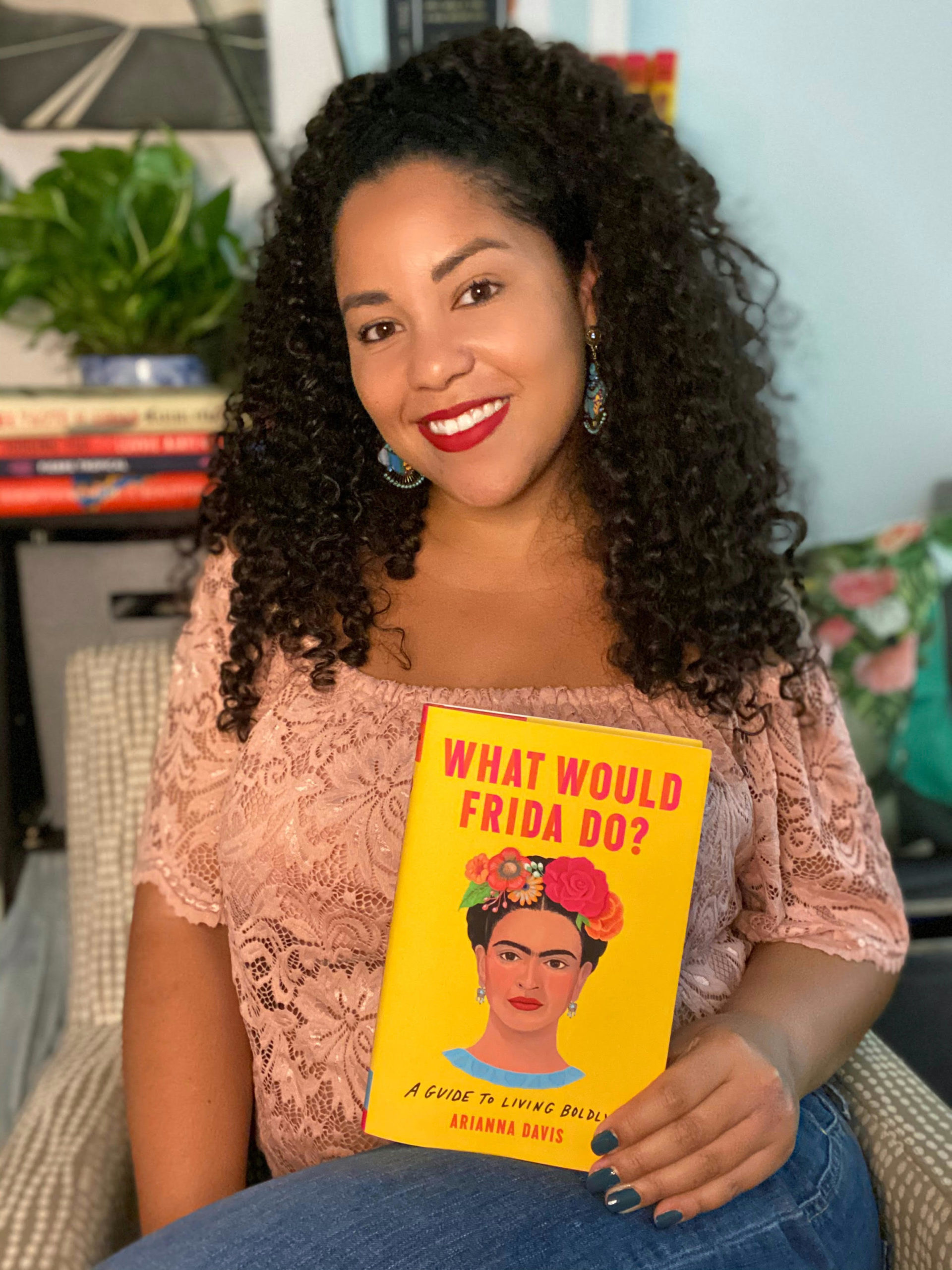Of the thousands of people purchasing homes in 2020, 19% were single women. This is turning the real estate market on its head — and turning women into powerful buyers and investors. As house prices and interest rates continue to decline and more women are considering buying their first home, self-driven women like us are sure to keep the trend rolling.
If you’re looking to make the switch from renting an apartment to investing in your first home, these first-time homebuyer tips will help you get on your feet — whether you’re making the leap with a partner or on your own. Here’s a guide to your first home, including everything you need to know to make the process go smoothly.
1. Purchasing Involves Upfront Costs
Buying a home can be a long, tedious process — and what you see isn’t always what you get. In other words, your house will cost even more than that number on the listing. Don’t stress, but make sure you go into the process with the right financial expectations.
If you take out a loan, you’ll have to pay upfront costs to cover origination and service charges. You may even pay title transfer taxes and recording fees, depending on where you purchase your home. To prepare, make sure you set aside cash for closing fees and consult your real estate agent. They can explain exactly what all those additional costs are for.
2. Good Credit Is Your Best Friend
Typically, you need good credit to qualify for a loan with a low interest rate. If you pay your bills on time and have a debt-to-income ratio of 43% or less, your credit should be high enough to score a decent mortgage. See, all that responsible money management really did pay off!
Check your score and continue to pay off credit card debts and student loans if you need to raise your score. And for the time being, try to hold off from buying any big-ticket items in the months leading up to your home purchase.
3. Mortgages Can Be Confusing
Plenty of homebuyers leave mortgage shopping to the last minute — which can mean that preapproved buyers get an opportunity to swoop in and claim your dream home before you’re approved. Just like when you’re apartment hunting, house hunting takes time, research and application. Be sure to present yourself as serious and qualified by shopping around for a mortgage and getting preapproved before you begin contacting real estate agents.
Comparing mortgages can be confusing, especially when you consider fixed and adjustable rates. Use a mortgage calculator to determine how much your monthly payment will actually cost. Input a few different numbers to see how different rates might affect the amount and which mortgage is right for you. You’ll find the right fit.
4. You Need to Budget for Insurance
You probably currently pay a monthly fee for renters insurance, right? Similarly, you’ll want to protect your home and its contents with homeowners insurance. This will typically cost more, so you’ll have to budget accordingly.
If your down payment was less than 20%, you also have to pay private mortgage insurance. The clincher? Most insurance providers require the first month’s premium at closing — so it’s wise to save up some cash and create more space in your budget for this additional monthly expense.
5. Building Equity Takes Time
Where do you see yourself in the future? If you don’t know, take your time and consider the next five to 10 years of your life. Do you want to be in the same house that long? If you’re more of a free spirit and your answer is no, you may want to reconsider your decision to purchase a home.
The average first-time homebuyer stays in their house for 13 years to help build equity and increase their financial stability. Of course, if the market switches to a seller’s paradise, it could be beneficial to sell sooner and scale up. But without any major fluctuations in the real estate market in the next few years, it may pay off to stay in your home a bit longer.
Take Your Time
You aren’t selling a home, so you have time to shop around. Spend a few months looking and taking time to consider what you want, and when the time is right, pounce. In a buyer’s market, you might even be able to land your dream home your first time around — and still turn a profit when you finally decide to move on.
Regardless of when, where, or how you buy your house, finding and purchasing one that’s right for you is a big, exciting decision. Plan ahead, take your time, and keep your eyes peeled. With preparation and a little bit of luck, you’ll be moving from an apartment to your first home in no time. And congrats!
Have you bought a home yet? Do you have any tips to add or share? We’d love to hear in the comments!
 Using Trunk Club to Update My Spring/Summer Wardrobe
Using Trunk Club to Update My Spring/Summer Wardrobe 5 Tips For Styling a Simple Summer Dress
5 Tips For Styling a Simple Summer Dress 5 Ways to Style a Bandana
5 Ways to Style a Bandana 3 Different Ways to Curl Your Hair
3 Different Ways to Curl Your Hair How to Master the 5-Minute Makeup Routine
How to Master the 5-Minute Makeup Routine Amazon Beauty Buys Under $25
Amazon Beauty Buys Under $25 3 Ways to Make Your next Trip More Memorable
3 Ways to Make Your next Trip More Memorable Tips for Digital Spring Cleaning and Organizing
Tips for Digital Spring Cleaning and Organizing Color Trend: Marigold
Color Trend: Marigold Mental Health Update: The 3 Major Changes I Made to Get Out of Depression
Mental Health Update: The 3 Major Changes I Made to Get Out of Depression 5 Unexpected Ways to Unwind After Work
5 Unexpected Ways to Unwind After Work How to Know You’re in a Controlling Relationship
How to Know You’re in a Controlling Relationship 4 Questions I get Asked as a Professional Resume Writer
4 Questions I get Asked as a Professional Resume Writer How to Make Friends at Work
How to Make Friends at Work Getting Out of the ‘Busy’ Mindset
Getting Out of the ‘Busy’ Mindset Ask Amanda: How do I pursue the career I want without formal training?
Ask Amanda: How do I pursue the career I want without formal training? Ask Amanda: How Do I Find a Therapist?
Ask Amanda: How Do I Find a Therapist? Ask Amanda: How do I stop being jealous in my relationship?
Ask Amanda: How do I stop being jealous in my relationship?







Oguz Cem Says
OMG! I am totally in love with your website and transparency on this post. I also post some content about lifestyle and mystic stuff. Take a look when you have time. All love kissess https://aladdinthefortuneteller.com/2021/03/23/2021-horoscopes/
George Jonh Says
I recently went to look at homes for sale in San Antonio – https://betterestimate.com/real-estate/san-antonio_tx/fairfield. Overall I can say it’s a nice neighborhood in Texas, good neighbors, lots of shopping nearby. But the prices here are a little higher than the market average.
name Says
nice
ND Says
I know this article is from several months ago. But, if I were wanting to move into a new house, right now I would wait until the market settles down. Prices are insanely high right now.
Fishley Says
It is amazing that you took such a big amount of money to buy that house and now you are happy. People nowadays are afraid of borrowing money and that is something that will hurt them because they don;t know how to live with a big amount of money and they don’t know how to eat good food. For more than 5 year I had a similar thing just to make some money and I started reading articles like that https://paydaysay.com/sites-like-lendup.php and that is what I really wanted to recommend you to read. That is like top level.
Emma Says
In any case, even if you don’t like something inside the house, you shouldn’t be upset, you can always redo everything in your own way. When we chose our new home, the first thing we did was change the floor. Now he pleases us not only with his quality, but also with practicality. You can find out more about flooring here.
James Says
Thanks for sharing your experience. In fact, many people don’t understand how important it is to consider buying their first home and are often disappointed afterwards. On my own, I would also add that you need to check all the plumbing in the house after buying a house. Very often, people who have problems with plumbing may not even notice it at first, but if it is corrected in time, it can save you a lot of money. Thank you. https://contractorfinder.noritz.com/contractors/first-class-plumbing-of-florida-inc-4348-naples-fl
jimbo mimbo Says
LOVED IT! this was great totally. I will definotely use these technoques also checked https://jimsdigitalmarketing.com/affiliate-dashboard/.
Emma Says
At this stage, you still have pleasant worries about equipping your home. With good contractors, this is much easier to do, so study the reviews here https://safavieh.pissedconsumer.com/review.html to choose a really high-quality service.
Amanda Says
When buying a new kind, you also have new worries – selling an old house. This is especially difficult when you have quite limited time for it all. Services such as this one https://www.mrhomebuyer.ca/ can solve your problem and buy your house despite the tight deadlines, moreover, at a bargain price and for cash.
tessi Says
A robust marketing strategy is essential for reaching a wide audience of potential buyers. Utilize online platforms such as listing websites, social media, and email marketing to showcase your property to prospective Industrial Property investors. Additionally, partnering with experienced real estate agents who specialize in commercial transactions can broaden your reach and expedite the selling process.